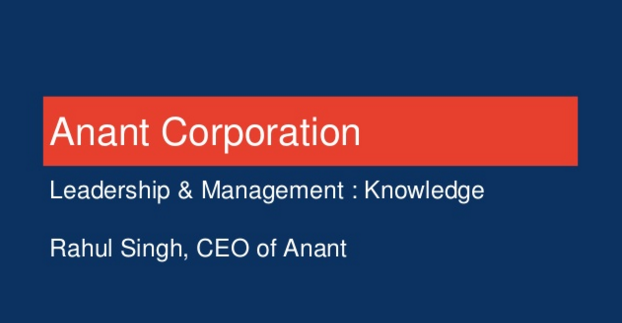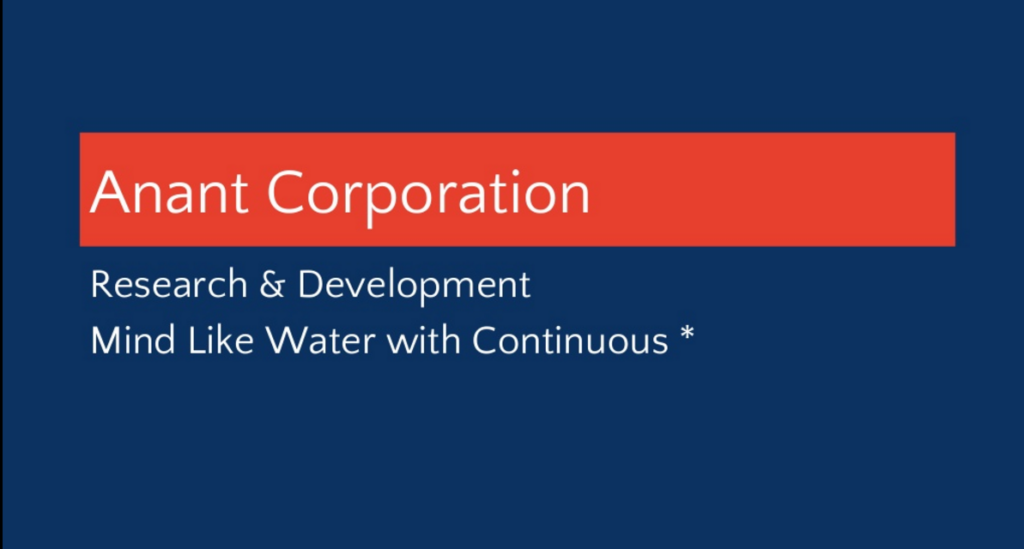Google is one of the most prominent companies in the world today. They have created and maintained business rules that help make a company successful in the Internet Century. In the book How Google Works, written by former Google CEO Eric Schmidt and former SVP of products Jonathan Rosenberg, the lessons and methods learned by Google are used to help other companies find success in the Internet Century. This post aims to highlight some of these lessons and help you and your company be more successful.
Culture
We have discussed the importance of a company’s culture before in our blog posts. For the authors, the first step in the development of a company that could take on Microsoft was determining its culture. The company culture is determined by the founders and the founding team. Google’s culture is the same now as it was back then. Google has never been shackled by organizational structure, and this freedom has allowed them to create an environment where their employees create their best work. For example, leaders at Google opted out of a traditional office layout. The offices are typically crowded to encourage interaction and reduce envy of other colleagues’ facilities. Furthermore, employees are not separated by what they do in the office. It is common to have product managers sit with engineers to increase integration. Their offices also feature various amenities that promote employee interaction making it more likely that colleagues will put their heads together to come up with the next great idea.
The organizational structure at Google is relatively flat, where each manager must have at least 7 direct reports. This set up helps the smart creatives (employees) get things done and have an easy pipeline to the people that make decisions. The company also encourages small teams to work together on breakthroughs, increasing the size of the team as the product grows.
The authors also stressed the importance of saying yes. Saying yes starts things, which leads to experiences which lead to increased knowledge. All these things have made Google’s culture a popular one, something their employees can attest to.
Strategy
There are three principles to Google’s strategy:
- Bet on technical insights, not market research
- Optimize for growth, not revenue
- Let great products grow the market for everyone
Leaders at Google realized that technical insight either reduce cost or increases the functionality of a product significantly. Technical insights helped Google search become better than any previous search engine, by identifying how relevant a webpage is to a search query based on which other pages linked to it.
In order for a company to achieve something big, they have to be able to scale. Companies have been traditionally slow by design, but this approach doesn’t work in the Internet Century. In the Internet Century, your company’s strategy must be to grow quickly. Google did this by resisting the urge to make money by putting ads on its homepage and instead focused on improving the search engine.
Google let great products grow the market for everyone by making their product open and sharing code. While this meant they would lose some control, it also opened the door for them to scale and encouraged innovation. Doing things this way opens things up for thousands of people that might be willing to contribute.
Talent
It is difficult to produce a great product without having great talent. Google stresses hiring the best talent available, so much so that some candidates are hired even if they don’t suit an available role. The recruitment process is carried out by a committee of current employees with the committee making the final decision. Three traits that these committees look for are passion, intelligence, and the willingness to learn. Another aspect that Google considers when hiring employees is the candidate’s character and how they interact with other employees. The duration of the interview is no longer than 30 minutes with questions that challenge the candidate without being overly stressful. Finally, when the candidate joins the company and becomes an employee, they should be paid appropriately. Great talent should receive great pay, however, start low and reward them with performance.
Decisions
At Google, decisions are made based on data. This environment encourages conflict, debate, and dissent without necessarily requiring unanimous agreement. Leaders at Google realized that decision-making done right lets their smart creatives know that they can make a difference. Decision making isn’t about everyone agreeing, it’s about everyone being heard and then rallying around the best answer.
Communications
When it comes to communications, default to open. Leaders should maximize the velocity and volume of information flow. An environment needs to be created where tough questions can be asked and the truth can always be told. When it comes to emails, try and respond quickly and you will see that you’re more involved in decisions and important discussions. Keep your emails clear, to the point, and free of any content that people can skip.
Innovation
Innovation can’t be owned or ordained, it needs to be allowed. You can’t tell innovative people to be innovative, but you can let them. Leaders should encourage people smart enough to come up with ideas and also encourage those who want to work with that individual. Google embodies innovation through their Android operating system. The operating system is open source, allowing anyone to use its code for free and sell apps that run on Android devices without approval. Another way Google encourages innovation is through a program that allows employees to spend 20% of their time working on whatever they want.
The lessons learned at Google can help you and your business adapt to the disruption experienced in the Internet Century. If you need help implementing one of these lessons or have questions, send us an email!
Photo by Paweł Czerwiński on Unsplash




